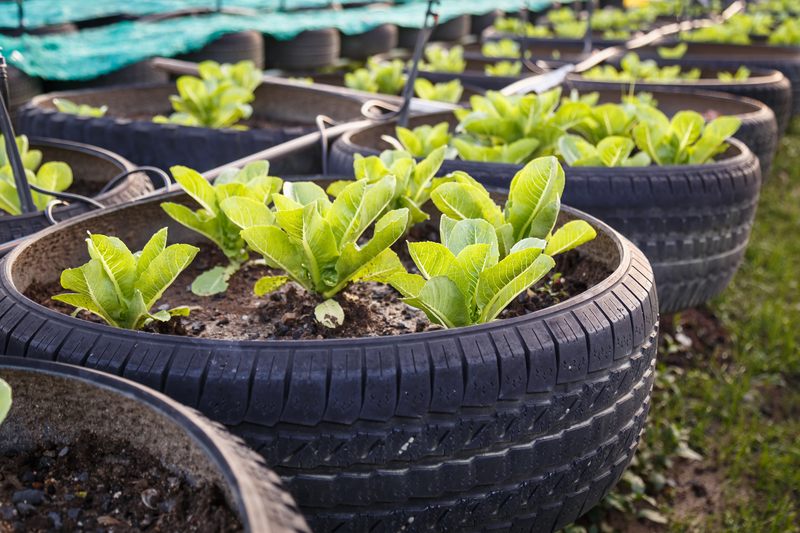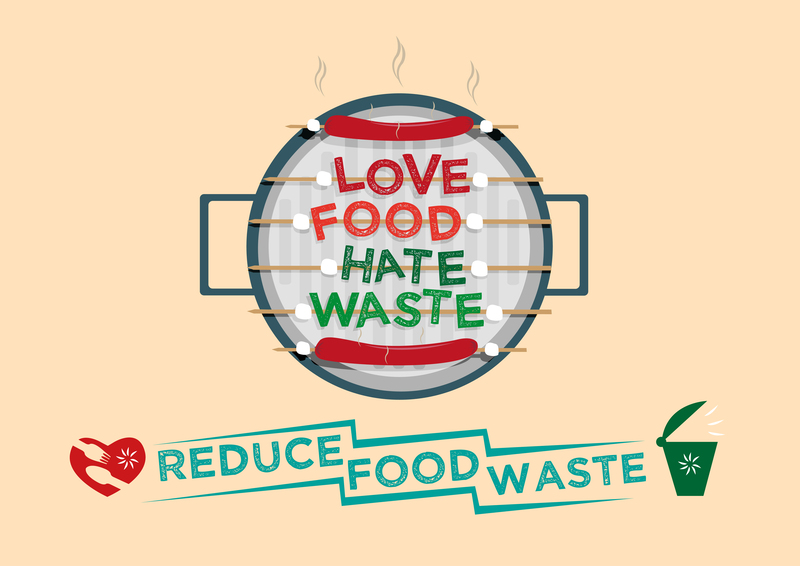Where to Take Used Pots and Pans for Proper Recycling: A Comprehensive Guide
Are you wondering what to do with your old cookware? When pots and pans become scratched, warped, or simply unwanted, it's important not to simply toss them in the trash. Not only can improper disposal contribute to landfill waste, but many types of pots and pans can be recycled. This in-depth guide will help you find out where to take used pots and pans for proper recycling and ensure you're making environmentally-conscious choices.

Why Recycle Old Pots and Pans?
Every year, millions of cookware items are thrown away. By recycling your used pots and pans, you help conserve resources, reduce landfill waste, and contribute to a cleaner planet. Most cookware is made from recyclable materials such as aluminum, cast iron, stainless steel, and sometimes even copper. Proper disposal preserves these valuable metals for future use.
What Types of Pots and Pans Can Be Recycled?
Not all cookware is created equal, and recycling centers may have specific requirements. Here's a quick rundown of the most common materials.
- Aluminum: Highly recyclable and commonly accepted at scrap yards and recycling centers.
- Stainless Steel: Another common and valuable metal for recycling.
- Cast Iron: Very durable and easy to recycle, though heavy!
- Copper: Sometimes used for high-end pans--very valuable as scrap.
- Non-stick pans (Teflon-coated): The metal underneath (usually aluminum) is recyclable, but the non-stick coating must often be removed first.
- Ceramic or glass cookware: Usually not accepted by standard metal recycling programs and may require specialty recycling.
Can I Put Pots and Pans in My Curbside Recycling?
Not always. Most curbside recycling programs are designed for bottles, cans, and paper--not larger metal objects like old pots and pans. The size and type of materials can jam machines in sorting facilities, and some coatings or handles may need to be removed first. It's essential to check with your local municipality or waste provider before tossing cookware in household bins.
Top Places to Take Used Pots and Pans for Proper Recycling
Wondering where to take old pots and pans for recycling? Here are the best options, from national chains to specialty scrap yards:
1. Scrap Metal Yards
Metal recycling centers and scrap yards are the most reliable places to recycle metal cookware. These centers accept stainless steel, aluminum, copper, and cast iron. They typically do not mind if handles, rubber grips, or residues remain, but it's best to call ahead to confirm their policies.
- Find a local scrap yard through online directories or search engines.
- Bring all types of metal cookware--even those with non-stick coatings (they'll usually separate materials).
- You might even earn a small payment based on metal weight!
2. City Household Recycling Centers or Drop-Off Locations
Most municipalities operate drop-off centers for household metal recycling. These are a fantastic option for safely disposing of used pots and pans and other bulky metal items. Some cities have special events for electronics and cookware recycling throughout the year.
- Check your city/county website for accepted materials.
- Confirm whether non-stick coatings or plastic parts must be removed.
- Drop off old cookware during business hours at designated locations.
3. Major Home Goods Retailers and Take-Back Programs
Retailers committed to sustainability sometimes offer cookware recycling programs.
- William Sonoma: Periodically runs trade-in events or take-back programs for certain brands of cookware.
- Bed Bath & Beyond: Sometimes offers recycling options for old electronics and cookware--check your local store.
- Sur La Table: Occasional eco-friendly campaigns may accept old kitchenware.
*Call your local branch before bringing in items, as programs may vary by location and season.
4. Specialized Cookware Recycling Companies
Some companies specialize in recycling household goods, including pans and pots. Look for companies like Terracycle or local eco-friendly junk removal services that guarantee responsible processing of metalware, non-stick surfaces, and mixed materials.
- Google "cookware recycling near me" or "TerraCycle cookware program."
- Fees may apply for specialty recycling.
- These services are ideal for hard-to-recycle materials (like non-stick coating and composites).
5. Donation and Reuse Options
Before recycling, consider donation. Thrift stores, homeless shelters, or charities may be interested in cookware that is still functional. Giving your used pots and pans a second life is usually even more sustainable than recycling.
- Goodwill, Salvation Army, local thrift shops: Accept usable cookware in clean, safe condition.
- Community shelters or kitchens: Often need cookware donations. Contact first to confirm needs.
Step-by-Step: How to Prepare Your Pots and Pans for Recycling
To ensure efficient recycling, follow these steps before dropping off your cookware:
- Clean the Cookware: Scrub off food residue and oils.
- Remove Non-Metal Parts: Where possible, unscrew or remove plastic handles, lids, or grips. Some centers require metal only.
- Check for Coatings: If recycling non-stick pans, ask if Teflon or ceramic coatings must be removed.
- Group Metal Types: Keep aluminum, stainless steel, and cast iron separate for easier processing at scrap yards.
If in doubt, call the recycling facility to ask what preparation is needed. Taking a few simple steps helps ensure your old pots and pans are recycled properly.
Common Questions About Pots and Pans Recycling
Q: Can I recycle pots and pans with non-stick coatings?
A: Yes, but it depends on your local recycler. The metal base (usually aluminum) may need the coating removed. Some specialty recyclers accept coated cookware, while city programs might not. Always check first.
Q: What about glass or ceramic pots and lids?
A: Glass and ceramic are not typically accepted by metal recyclers. Try searching for a local ceramic recycling facility or donate if the items are in good condition.
Q: Is it safe to throw away pots and pans in the trash?
A: While not illegal in most areas, throwing away pots and pans adds to landfill strain and wastes valuable metals. Recycling is better for the environment whenever possible.
Q: Do I need to remove handles or screws?
A: Some scrap yards require only pure metal, while others have equipment to handle mixed materials. When in doubt, remove all non-metal parts to streamline recycling.
Creative Ways to Reuse Old Pots and Pans (Before Recycling)
Before you recycle your old pots and pans, consider creative reuse! Here are a few eco-friendly ideas:
- Planters: Turn a deep pot or pan into a quirky flowerpot for your garden or balcony.
- Storage: Organize tools, art supplies, or toys using old pans.
- Art Projects: Paint or decorate pans for wall hangings or mosaics.
- Pet Bowls: Use washed pans as water or food bowls.
- Camping Gear: Repurpose old but intact metal cookware for outdoor adventures.
*Don't forget to share your upcycling projects online to inspire others!

Planet-Friendly Disposal of Pots and Pans: Key Takeaways
- Metal pots and pans (aluminum, stainless, cast iron, copper) are widely accepted at scrap yards and recycling centers.
- Specialty recyclers can handle non-stick, ceramic, or composite cookware when standard centers cannot.
- Donation should always be your first consideration if the cookware is usable.
- Always check with local authorities or companies for current rules before dropping off items.
- Upcycling offers a fun way to keep cookware out of landfills.
Conclusion: Make a Difference--Recycle Your Used Pots and Pans Responsibly
Every household can make a positive impact by learning where to take used pots and pans for proper recycling. Whether you choose a scrap metal yard, municipal recycling drop-off, a retailer's take-back program, or a specialty company, your efforts help reduce waste and preserve natural resources. Always research your local options, prepare your cookware according to recycling guidelines, and consider creative reuse before disposal. Together, we can keep our kitchens (and our planet) cleaner, greener, and more sustainable!
Ready to recycle? Start today by calling your local recycling center or searching "where can I recycle old pots and pans near me." Take the next step toward a more eco-friendly kitchen!